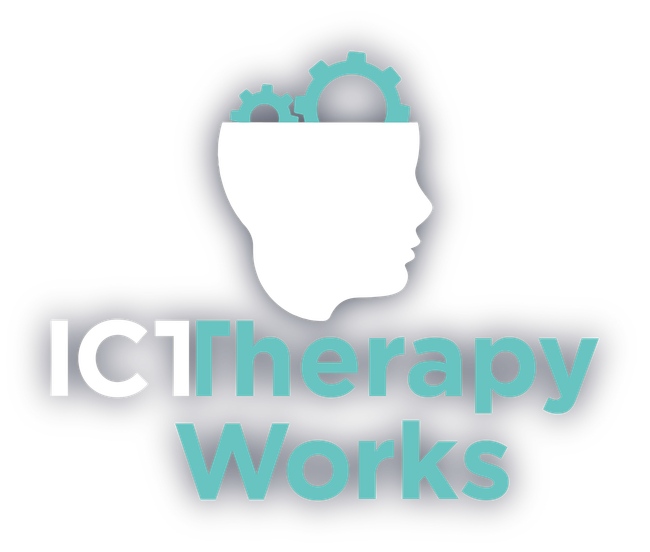Life is about relationships. ICT Therapyworks is a private practice of independent therapists offering individual, couple, and family therapy services to promote healthy relationships. This includes intimate, work, family and peer relationships. In addition to exploring your relationship with others, our practice focuses on the connection you have with yourself. We also offer educational trainings and workshops, retreats, groups, and outreach services. We are a team of diverse therapists sensitive to culture, spirituality, ethnicity, sexual orientation, gender, and economic status.
ICT Therapyworks is dedicated to building healthy relationships because relationships are central to healing. If you are distressed about communicating with a loved one, managing conflict, building intimacy, or struggling to connect in a healthy way with partners, parents, siblings, friends, or co-workers, give us a call today at (316) 260-6889.
Frequently Asked Questions
Got a question? We’re here to help.
What Our Clients Say
Latest Articles




